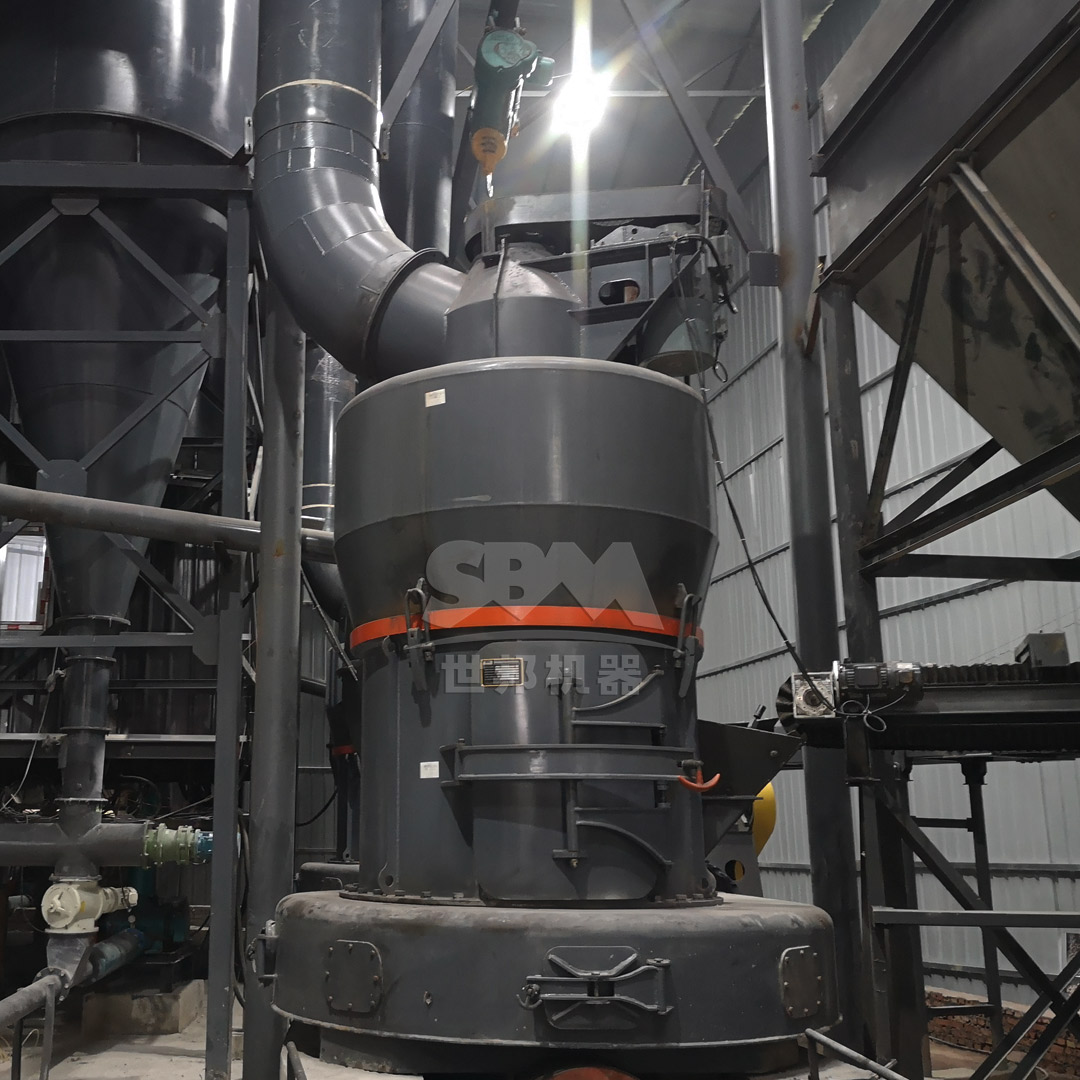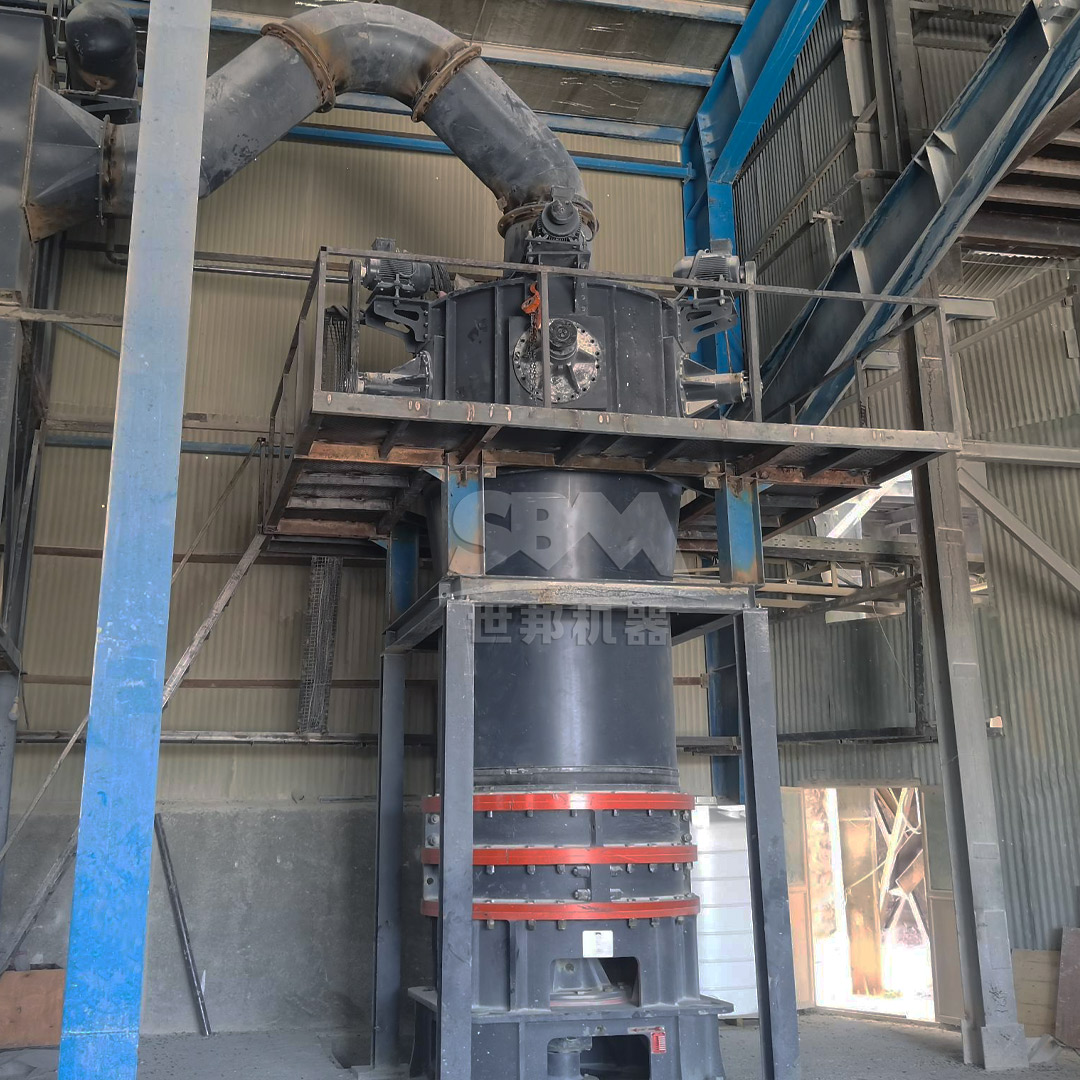Self-leveling floor compounds (SLCs) have revolutionized modern construction with their ability to create perfectly flat surfaces quickly and efficiently. At the heart of high-quality SLC production lies the proper preparation of gypsum powder, where particle size distribution, purity, and consistency play crucial roles in determining the final product performance. Selecting the appropriate gypsum grinding machine is not merely a procurement decision but a strategic investment that impacts product quality, production efficiency, and overall operational costs.
The manufacturing process for self-leveling floor compounds demands gypsum powder with specific characteristics: controlled particle size distribution for optimal flow properties, minimal impurities to ensure chemical stability, and consistent fineness to guarantee uniform setting times. Achieving these specifications requires grinding equipment capable of precise particle size control, efficient operation, and reliable performance.

The particle size distribution of gypsum powder directly influences the flow characteristics, setting time, and final strength of self-leveling floor compounds. For optimal performance, SLC formulations typically require gypsum powder in the range of 45-325 mesh (approximately 350-45μm), with some specialized applications demanding even finer particles up to 2500 mesh (5μm).
When evaluating grinding equipment, consider the following particle size aspects:
Matching production capacity to your business requirements is essential for operational efficiency and cost management. The grinding machine’s throughput should align with your current production needs while allowing for future expansion.
| Production Scale | Recommended Capacity Range | Typical Applications |
|---|---|---|
| Small-scale/Laboratory | 0.5-4 ton/h | R&D, specialty products, pilot plants |
| Medium-scale Production | 4-15 ton/h | Regional manufacturers, multiple product lines |
| Large-scale Industrial | 15-45+ ton/h | National suppliers, high-volume production |
Grinding operations typically account for a significant portion of total energy consumption in gypsum processing plants. Modern grinding technologies offer substantial improvements in energy efficiency compared to traditional methods.
Key energy considerations include:
Modern grinding facilities must adhere to increasingly stringent environmental regulations concerning dust emissions, noise pollution, and overall environmental impact.
Ultrafine grinding mills are specifically designed to produce gypsum powder with particle sizes ranging from 325 to 2500 mesh (45-5μm). These systems employ advanced classification technology to achieve precise particle size control, making them ideal for high-performance self-leveling floor compounds that require exceptional flow properties and rapid setting characteristics.
Among the leading solutions in this category, our SCM Ultrafine Mill stands out for its exceptional performance in gypsum processing for self-leveling floor applications. This advanced grinding system offers several distinct advantages:
The SCM series offers multiple models to match various production requirements, from the compact SCM800 (0.5-4.5 ton/h) to the high-capacity SCM1680 (5.0-25 ton/h), ensuring the perfect fit for any production scale.

Trapezium mills represent a versatile solution for gypsum grinding, capable of producing powder in the 30-325 mesh range (600-45μm). These systems combine robust construction with efficient grinding principles, making them suitable for medium to high-capacity production lines.
Our MTW Series Trapezium Mill incorporates several innovative features specifically beneficial for gypsum processing:
With capacity ranging from 3-45 ton/h across various models, the MTW series provides excellent flexibility for growing production facilities. The modular design allows for easy capacity expansion as business requirements evolve.
Vertical roller mills (VRMs) have gained significant popularity in gypsum processing due to their compact design, high efficiency, and excellent drying capabilities. These systems are particularly advantageous when processing gypsum with higher moisture content or when integrated drying is required.
Key benefits of vertical roller mills include:
While traditional in approach, ball mills remain relevant for certain gypsum grinding applications, particularly where cost considerations outweigh the benefits of newer technologies. These systems offer simplicity and reliability but generally exhibit higher energy consumption and less precise particle size control compared to modern alternatives.
| Grinding Technology | Optimal Fineness Range | Energy Efficiency | Particle Shape | Capital Cost |
|---|---|---|---|---|
| Ultrafine Mills | 325-2500 mesh | High | Uniform | High |
| Trapezium Mills | 30-325 mesh | Medium-High | Consistent | Medium |
| Vertical Roller Mills | 30-600 mesh | High | Angular | Medium-High |
| Ball Mills | 20-200 mesh | Low-Medium | Variable | Low |
When comparing different grinding technologies for gypsum processing, several technical parameters require careful evaluation:
The total cost of ownership for gypsum grinding equipment extends beyond the initial purchase price. A comprehensive evaluation should consider:
Successful implementation of new grinding equipment requires careful consideration of how the system will integrate with existing production infrastructure:

A leading manufacturer of self-leveling floor compounds faced challenges with inconsistent product quality and high energy costs associated with their existing ball mill system. The primary issues included variable setting times, poor flow characteristics, and escalating operational expenses.
After comprehensive technical evaluation, the company implemented our SCM Ultrafine Mill system, specifically the SCM1000 model with 1.0-8.5 ton/h capacity. The selection criteria focused on:
The implementation delivered significant improvements across multiple performance indicators:
The integration of advanced control systems represents the future of gypsum grinding optimization. Modern grinding equipment increasingly incorporates:
Environmental considerations are driving innovation in gypsum grinding technology, with increased focus on:
Selecting the appropriate gypsum grinding machine for self-leveling floor compound production requires careful consideration of multiple technical, operational, and economic factors. The optimal choice depends on specific product requirements, production scale, quality expectations, and budget constraints.
For operations demanding the highest quality gypsum powder with precise particle size control in the ultrafine range, our SCM Ultrafine Mill represents the pinnacle of grinding technology, delivering unmatched performance for critical self-leveling floor applications. For operations requiring robust, high-capacity grinding in the medium fineness range, the MTW Series Trapezium Mill offers an excellent balance of performance, reliability, and operational efficiency.
Ultimately, successful implementation requires partnership with equipment suppliers who understand the unique requirements of self-leveling floor compound production and can provide comprehensive technical support from initial consultation through ongoing operation. By selecting the right grinding technology and implementation partner, manufacturers can achieve superior product quality, operational efficiency, and sustainable competitive advantage in the growing self-leveling floor market.